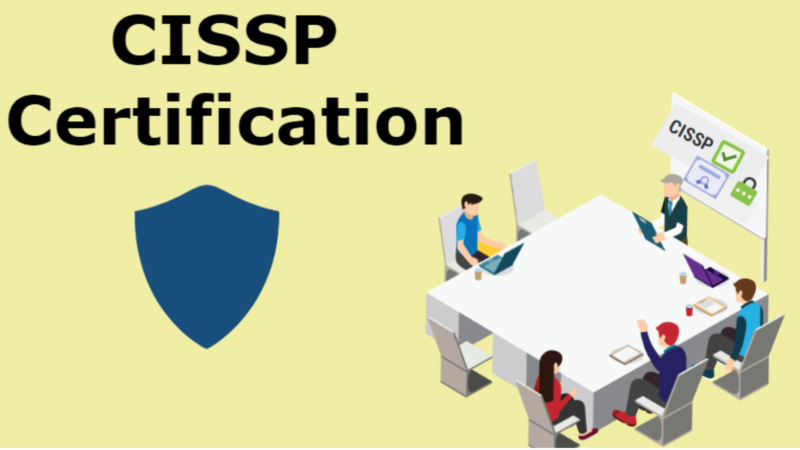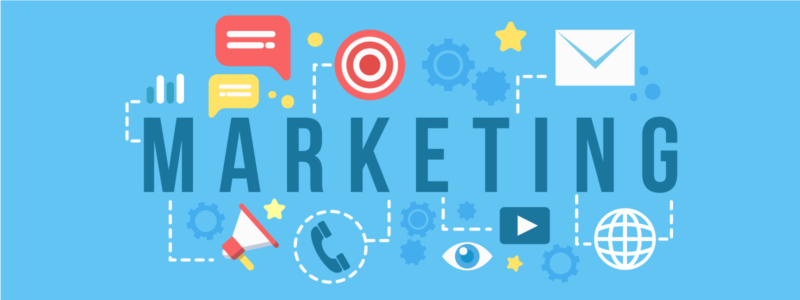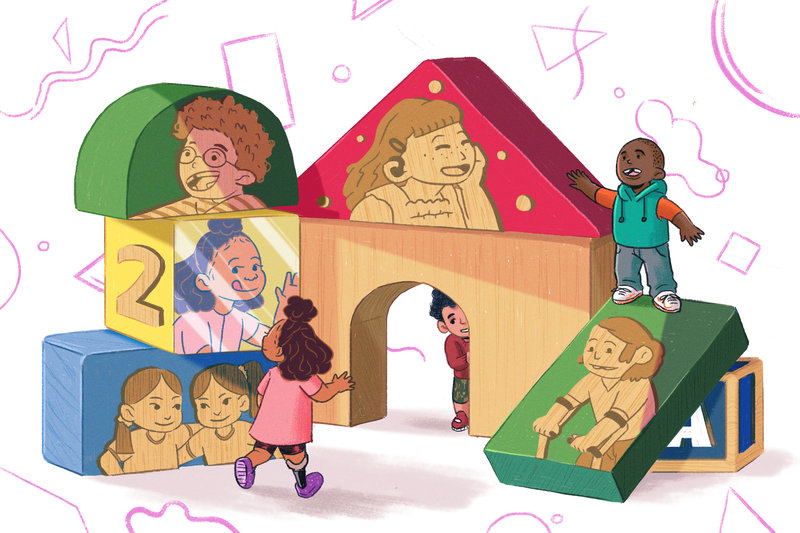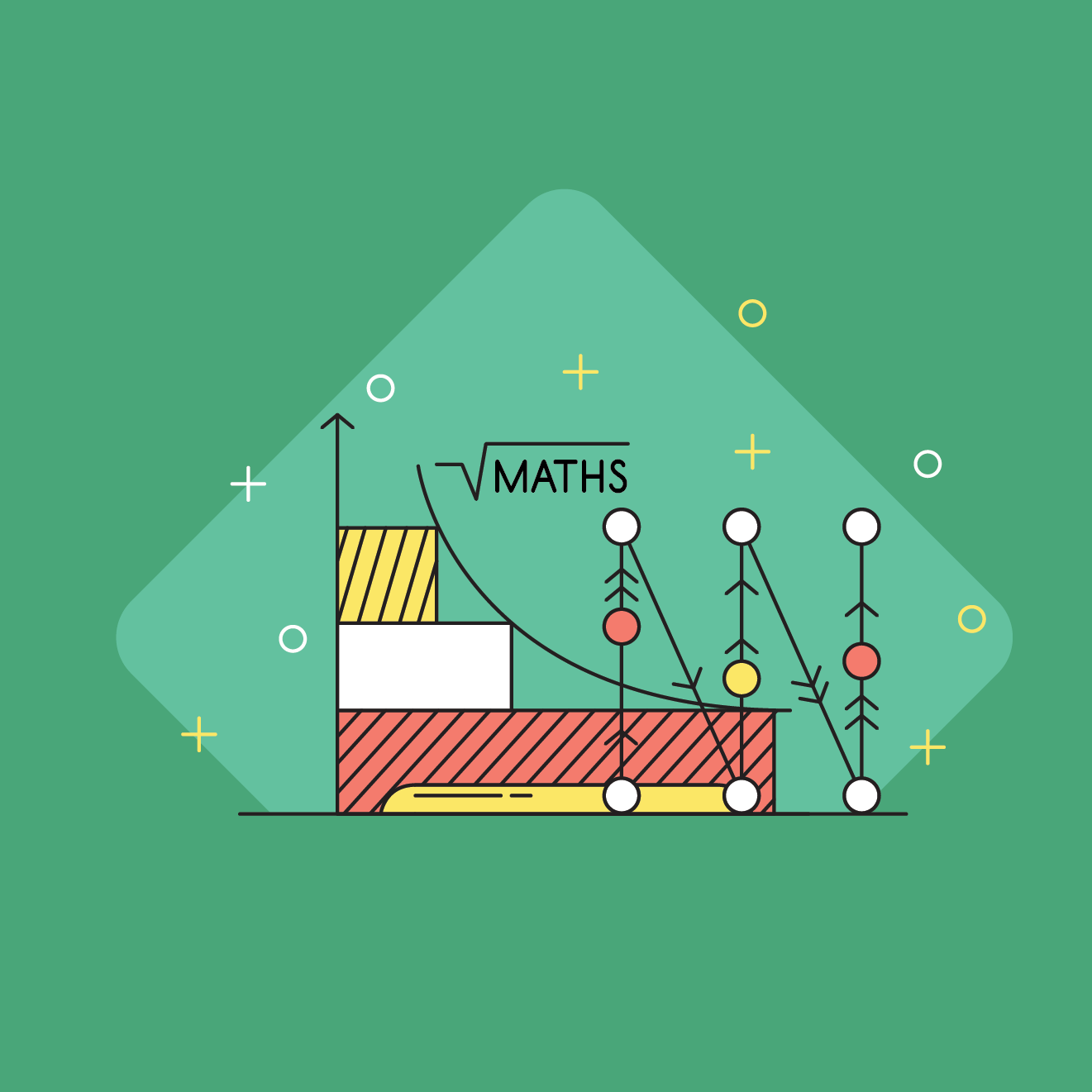Every single day, we come across opportunities, problems and situations which need us to understand and react. The need to analyze, calculate and plan strategically is a continuous process. Critical thinking or the ability of reasoning logically is a great enabler of success in almost every area of life.
You might give multiple job interviews and receive offers from different firms at the same time. In such a scenario, it becomes important to evaluate different offers on parameters such as salary, office location, role, potential growth opportunities, company’s reputation and work environment etc. That’s where you apply critical thinking and make a decision to join the firm that you find most suitable.
Let’s go ahead and look at the process of critical thinking and understand it better by some workplace and real-life examples in this article.
As an employee, you can become an invaluable asset for your employer if you have the ability to quickly and correctly assess situations and present logical solutions that help the business grow. There are various important self-management skills that one can develop with practice and excel at critical thinking. These are:
Analytical abilities –
The core of critical thinking is to have the ability to analyze information in the right way. When faced with a problem, one should be able to gather relevant information and analyze it as well as carefully evaluate any data that might be presented. This ability is crucial in research where you need to extract meaningful information from a vast pool of resources available.
Communication skills –
People who are able to communicate better are able to perform better. Whether it is negotiating a deal with a client or getting a good rate from a vendor or simply convincing someone to share necessary information with you, communication comes into play every time. Good communicators are often considered to be peoples’ people.
Innovative thinking –
Critical thinking can often require identifying different angles of a given situation, and information; the ability to think out of the box can be a great example of critical thinking.
Ramesh and Rohan were sitting on the river bank when they suddenly spotted a man who was getting taken away by the strong current. Ramesh knew swimming, but felt helpless as the water current was too strong for him to swim. Rohan on the other hand quickly ran to a boat nearby and retrieved a long piece of rope that he immediately tossed to the person in the water. He managed to hold onto the rope and these two friends succeeded in dragging the drowning man out of the river.
Keeping an open mind –
Being flexible and open to changes and alternative course of action suggested by others is a key to critical thinking. Biases such as educational or designation related superiority can sometimes make people rigid and closed to receiving inputs from their subordinates, but this can lead to wrong decision making. Hence, one should be keen to evaluate feedback and suggestions on their merit and make adjustments wherever needed.
Probing skills –
Whether it is a private life situation or a professional decision making process, ability to probe and assimilate the right information is crucial to making correct decisions.
Quite often we see in surveys and interviews where people are asked open-ended questions. For instance, one might be asked about his/her reaction on suddenly coming across a wild tiger or the need to fire someone from the team. Such open-ended questions can help in gaining different perspectives.
Another way to probe is to present multiple potential outcomes that you are considering and asking others to choose from those options provided. This might help you look at the situation from an angle that you didn’t consider earlier.
When faced with the need to understand a process, one can simply probe how things are run and this can allow the learner to understand the various steps required. This is typically how trainees learn in a corporate environment by observing and probing.
These are some of the instances where certain attributes and behaviour patterns can help us improve our critical thinking and become superior performers as well as more likeable to potential employers and in our personal and social circle!




